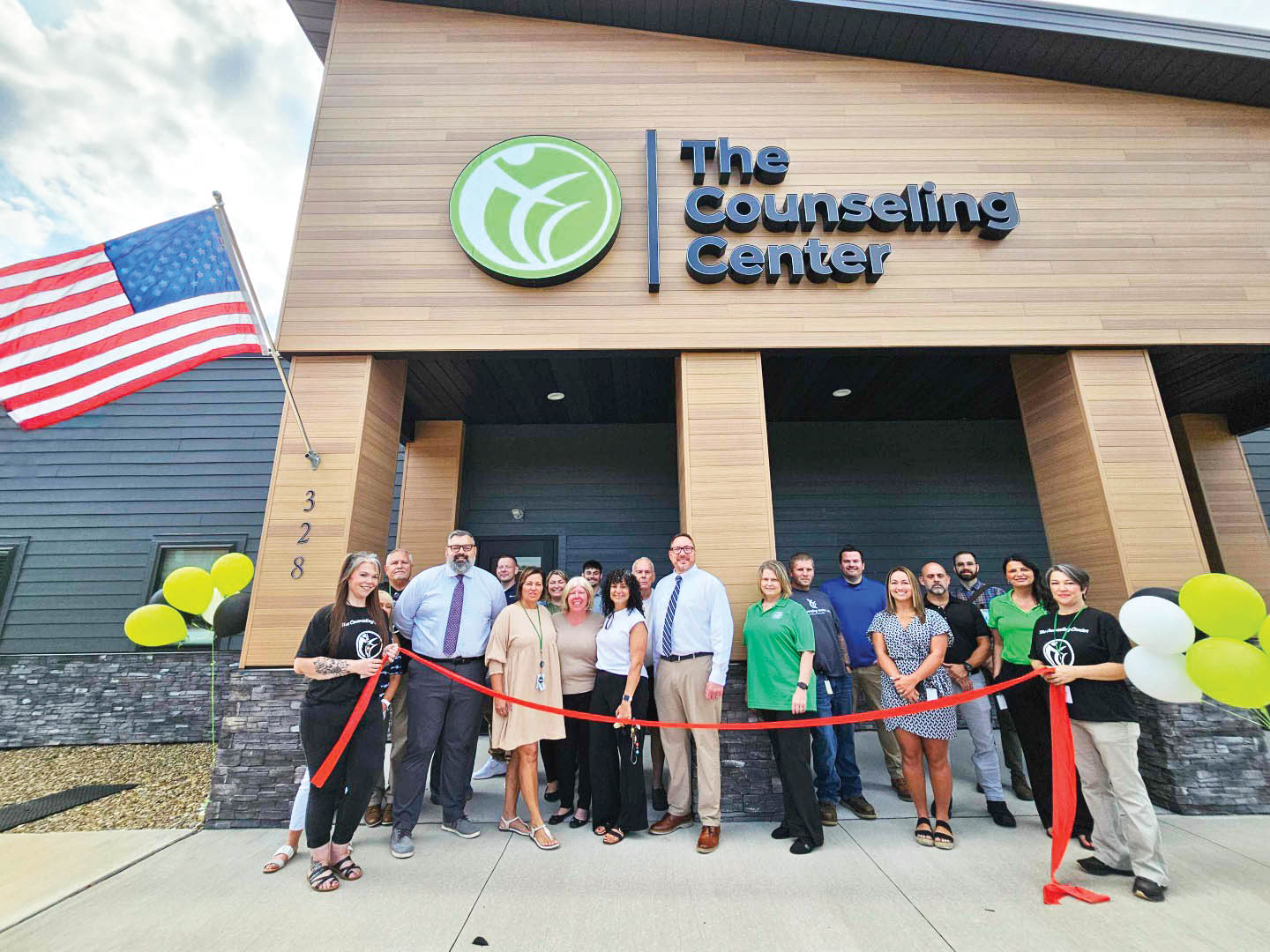Ironton water fees tabled
Published 9:28 am Saturday, October 27, 2018
Ironton Council will have forum to discuss other fees
At Thursday night’s meeting, the Ironton City Council tabled several fees increases and the ordinances will likely never come to vote, because the council wanted to create a conversation about ideas to raise revenue and the best way to do that. So the council will hold a public meeting on the subject at a later time.
“Those ordinances were never meant to be passed,” said Councilman Jim Tordiff. “It was just to start conversation.”
The issue is that the city is facing having a deficit within five years if they don’t do something to increase revenue into various city funds.
Trending
When it came time to vote on the fee increase ordinances, they were all tabled.
Ordinance 18-46 would increase the municipal fees by $4 to $18, Ordinance 18-47 would increase the monthly water fee by 60 cents to $6.39 per thousand gallons, Ordinance 18-48 would increase the wastewater fee by $1.50 to $9.70 per thousand gallons and Ordinance 18-49 would increase the monthly storm water fee by 80 cents to $3.80 per thousand gallons. The ordinance reads that the increases are needed “in order to continue the water fund on a solvent basis.”
Vice Mayor Rich Blankenship explained that they could all just die for a lack of a second motion for the ordinances to be voted on or they could just stay tabled forever.
During a 5 p.m. Public Utilities Committee meeting, the members of council discussed alternatives to raising municipal, water, storm water and wastewater fees. A handout of proposed rate increases would raise some fees and eliminate others which would raise citizens’ total city bill by approximately $30 a month.
Currently, the utility bill for Ironton residents is approximately $102.86, based on 4,000 gallons of water used monthly. There are 4,483 water taps in the city.
None of those proposals, created by Councilman Nate Kline, have made it to the stage of being put forth as an ordinance yet.
Trending
Among the proposal is that water and sewer rates would go up about 3 percent, storm water fee would be changed to a flat fee, a new flood fee would be added, the municipal fee would be replaced with a police protection fee, the fire protection fee would be increased and there would be a two percent annual cost of living increases on utilities and municipal fees.
Fees that would be eliminated would be a $2.50 administration fee, a flood levy property tax and a recreation fee.
Councilman Chuck O’Leary asked Mayor Katrina Keith to ask Ohio University Southern about using a room to have a public meeting about the proposals with all seven council members present.
“We have to work hard to explain to everybody and give them ample opportunity to understand it,” O’Leary said. “I think to me, this is the last hurrah. If we don’t pass something, they are going to learn they will lose services.”
Keith said she would call and set something up as soon as possible.
Part of the issue is that the 10 pump stations around Ironton that are part of the flood defense system were built in 1946 and it is getting hard to find parts to repair machines when they break. And under current rates of fees, several departments are looking at deficits within the next five years.
Finance Director John Elam said he worked up the numbers and said it was within $1.60 of what Kline had come up with.
“I think that is where we are. We need the rate increases,” he said.
Keith said that they are looking into hiring a collection agency to pursue cases in which people have not paid their water bills.
In other items on the agenda, council approved Ordinance 18-54, which is a one-year contract with Republic Services to dispose of waste from the wastewater treatment plant at $18 per ton. The only other bid on the project was $50.25 per ton to dispose of the waste.
Ordinance 18-55 to create a registration of vacant buildings and commercial properties in the city passed.
There was an amendment on Ordinance 18-51, which would set prices for septic haulers disposing of waste at the Ironton Wastewater Treatment Plant. Prices would be set for residential septic haulers at $25 for up to 1,000 gallons, $50 for 1,001-2,000 gallons, $75 for 2,001-300 gallons and $100 for more than 3,000 gallons.
For non-residential haulers, it would be $50 for up to 1,000 gallons, $100 for 1,001-2,000 gallons, $150 for 2,001-300 gallons and $200 for more than 3,000 gallons.
The amendment would have that for every 1,000 gallons over 3,000 gallons, residents would pay $25 and non-residents would pay $50.
The ordinance got a second reading and will get third reading at the next meeting.
Mayor Keith said that the Park Avenue and Second Street have been paved.
She said they asked ODOT to add a turn lane onto 9th Street to make it easier to get to businesses like the Big Boy restaurant. People have a hard time getting from 9th Street onto Park Avenue.
“We are going to sit down and talk about the traffic pattern and see what we can do in that area,” Keith said.
She said starting Monday and going until Saturday, the fire department would be out flushing the hydrants throughout the city.
“So, please let your family know not to do white laundry that week,” she said. That is because the water can discolor clothing after the lines are flushed.
Quincy Street water line has begun. The project is to replace lines from 1912. Residents had complained about discolored water coming out of their taps.





